Home>Articles>Why Does My Gas Pressure Washer Keep Shutting Off
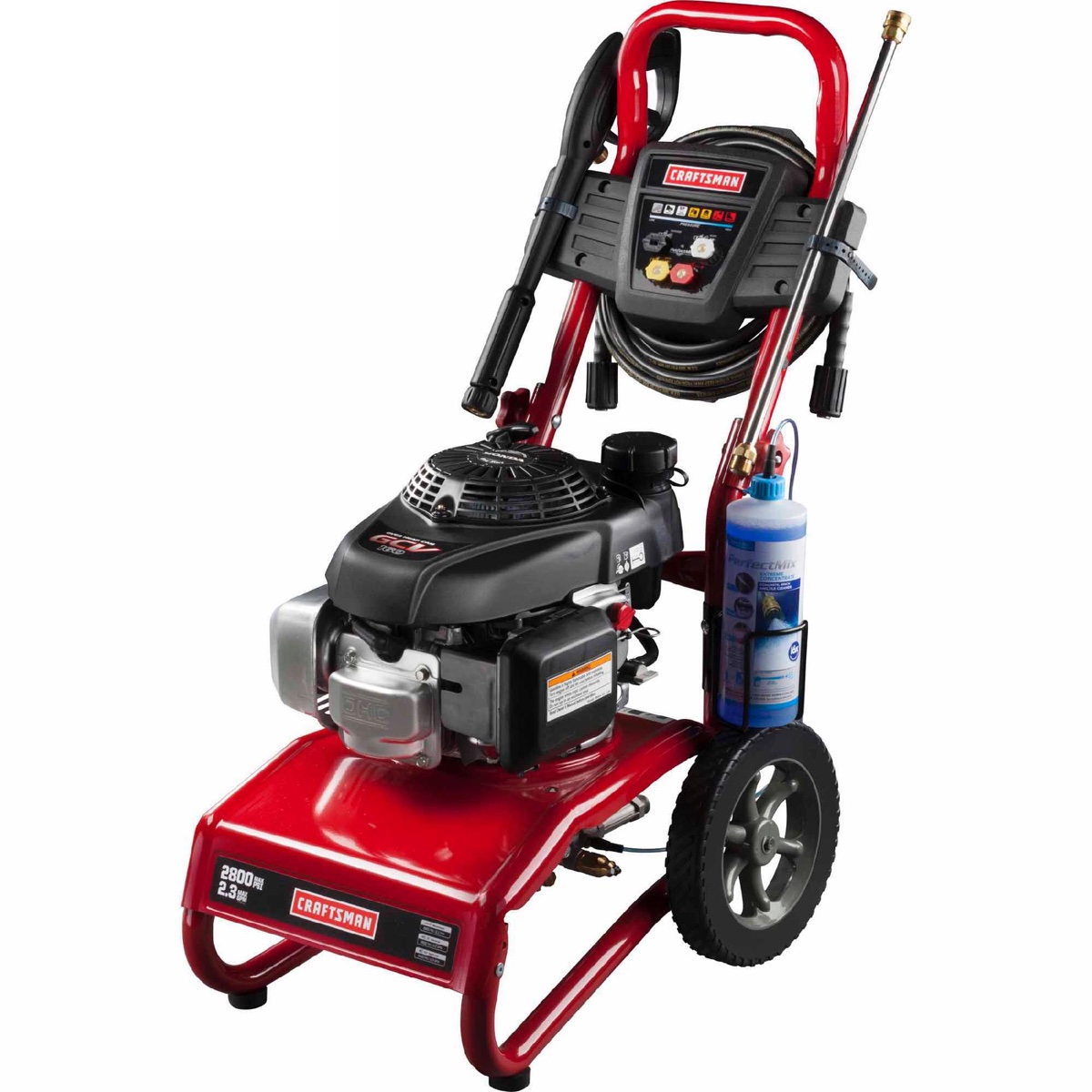

Articles
Why Does My Gas Pressure Washer Keep Shutting Off
Modified: February 29, 2024
Discover articles on why your gas pressure washer keeps shutting off and find solutions to fix this common problem.
(Many of the links in this article redirect to a specific reviewed product. Your purchase of these products through affiliate links helps to generate commission for Storables.com, at no extra cost. Learn more)
Introduction
Gas pressure washers are powerful tools that make cleaning outdoor surfaces a breeze. They are commonly used for removing dirt, grime, and stains from driveways, patios, decks, and vehicles. However, if you have experienced the frustrating issue of your gas pressure washer suddenly shutting off, you’re not alone. This can be a common problem that many users face, and it can hinder your cleaning tasks.
When your gas pressure washer keeps shutting off, it can be frustrating and time-consuming to try and figure out the cause. The reason behind this issue can vary, ranging from fuel problems to mechanical issues. In this article, we will explore the potential causes and provide troubleshooting steps to help you resolve the problem.
Before we dive into the possible causes, it’s important to note that gas pressure washers require careful maintenance to ensure optimal performance. Regularly cleaning and maintaining your pressure washer can help prevent issues like unexpected shutdowns. With that in mind, let’s explore some of the common reasons why your gas pressure washer may be shutting off.
Key Takeaways:
- Regularly inspect and maintain your gas pressure washer’s fuel, air filter, spark plug, cooling system, and pump to prevent unexpected shutdowns and ensure optimal performance.
- Troubleshoot fuel issues, clean the air filter, examine the spark plug, address overheating, and diagnose pump malfunctions to resolve gas pressure washer shutdowns effectively.
Possible Causes for Gas Pressure Washer Shutting Off
There are several potential causes for your gas pressure washer to keep shutting off. Understanding these causes can help you troubleshoot and resolve the issue. Here are some of the common culprits:
- Fuel Issues: One of the main reasons your gas pressure washer may shut off is due to fuel problems. This could be caused by using old or stale fuel, improper fuel mixture, or a clogged fuel filter. If the engine is not receiving enough fuel or the fuel is contaminated, it can lead to sudden shutdowns.
- Air Filter Problems: A dirty or clogged air filter can also cause your pressure washer to shut off unexpectedly. The air filter prevents dirt, debris, and dust from entering the engine. If it becomes blocked, it can restrict airflow and affect the engine’s performance, leading to shutdowns.
- Spark Plug Troubles: A faulty or fouled spark plug can cause intermittent shutdowns. The spark plug is responsible for igniting the fuel and air mixture in the combustion chamber. If it is not functioning properly, it can result in misfires or a complete loss of engine power.
- Overheating: Gas pressure washers can overheat if they are used for extended periods without breaks. Overheating can cause the engine to shut off as a safety measure. This typically occurs when the engine fails to cool down adequately or if there is a problem with the cooling system.
- Pump Issues: Problems with the pump can also cause your gas pressure washer to shut off. This could be a result of a faulty pump valve, worn-out seals, or pump cavitation. If the pump is not operating correctly, it can lead to pressure fluctuations and engine shutdowns.
Keep in mind that these are just some of the possible causes for your gas pressure washer shutting off. Each pressure washer model may have its own unique issues, and it’s important to consult the manufacturer’s manual for specific troubleshooting steps.
Fuel Issues
One of the most common causes of a gas pressure washer shutting off is related to fuel issues. There are several potential fuel-related problems that can lead to unexpected shutdowns:
- Old or Stale Fuel: If you have been using the same fuel for an extended period, it can become stale and less effective. Stale fuel can clog the carburetor and fuel lines, restricting the flow of fuel to the engine. This can result in intermittent shutdowns or difficulty starting the pressure washer.
- Improper Fuel Mixture: Some gas pressure washers require a specific fuel mixture of gasoline and two-stroke oil. If the fuel mixture is incorrect, it can affect the engine’s performance and lead to shutdowns. Refer to your pressure washer’s manual to ensure you are using the correct fuel mixture.
- Clogged Fuel Filter: Over time, the fuel filter in your pressure washer can become clogged with dirt, debris, and sediments. A clogged fuel filter restricts the flow of fuel and can cause the engine to shut off. Regularly inspect and clean or replace the fuel filter to prevent this issue.
To troubleshoot fuel issues, start by checking the fuel level in the tank. Ensure it is filled with fresh, clean fuel. If you suspect stale fuel, drain the tank and refill it with fresh fuel. Additionally, clean or replace the fuel filter to ensure a consistent fuel supply to the engine. If the problem persists, it may be necessary to clean or rebuild the carburetor or seek professional help.
Air Filter Problems
A dirty or clogged air filter can also contribute to your gas pressure washer shutting off unexpectedly. The air filter plays a crucial role in preventing dirt, dust, and debris from entering the engine. Over time, the air filter can become clogged with these particles, restricting the airflow and causing issues such as engine shutdowns.
To address air filter problems, follow these steps:
- Locate the air filter housing on your pressure washer. It is usually located near the carburetor.
- Remove the air filter cover or housing to access the filter.
- Inspect the air filter for dirt, debris, or damage. If it is dirty or clogged, it will need to be cleaned or replaced.
- If the filter is made of foam or paper, it can often be cleaned. Gently tap it on a hard surface to remove loose dirt and debris. Then, rinse it with water and allow it to air dry completely before reinstalling.
- If the filter is damaged or excessively dirty, it is best to replace it with a new one. Refer to your pressure washer’s manual for the correct replacement filter.
- Clean the air filter housing or cover before reinstalling the filter. Ensure that it is free of any dirt or debris.
- Reinstall the air filter, making sure it is properly seated and secured.
Regularly inspecting and cleaning or replacing the air filter is essential to maintain the performance of your gas pressure washer. This simple maintenance step can help prevent engine shutdowns and improve overall efficiency.
Spark Plug Troubles
A faulty or fouled spark plug can cause your gas pressure washer to experience intermittent shutdowns. The spark plug is responsible for igniting the fuel and air mixture in the combustion chamber, providing the necessary spark for the engine to run smoothly. If the spark plug is not functioning properly, it can lead to misfires or a complete loss of engine power.
To address spark plug problems, follow these steps:
- Locate the spark plug on your pressure washer. It is usually positioned near the engine’s cylinder head.
- Carefully remove the spark plug wire by pulling it straight off the spark plug.
- Using a spark plug socket wrench or a suitable tool, loosen and remove the spark plug from the cylinder head.
- Inspect the spark plug for signs of damage, such as worn electrodes, excessive carbon buildup, or oil fouling. If the spark plug appears damaged or fouled, it will need to be replaced.
- If the spark plug is dirty but still in good condition, you can clean it using a wire brush or spark plug cleaner. Gently remove any carbon deposits or debris without damaging the electrodes.
- Check the spark plug gap using a feeler gauge. Refer to your pressure washer’s manual for the correct gap measurement. Adjust the gap if necessary.
- Insert the cleaned or new spark plug into the cylinder head and tighten it by hand. Finish tightening with the spark plug socket wrench, being careful not to overtighten.
- Reattach the spark plug wire to the spark plug, making sure it is securely connected.
Regularly inspecting and maintaining the spark plug in your gas pressure washer is crucial for reliable performance. By ensuring the spark plug is in good condition, you can minimize the risk of shutdowns and ensure smooth operation.
Read more: Why Does My Dryer Keep Shutting Off
Overheating
Gas pressure washers can experience overheating if they are used for extended periods without breaks or if there are issues with the cooling system. Overheating can trigger the engine to shut off as a safety measure to prevent damage. If your gas pressure washer is shutting off due to overheating, here’s what you can do:
- Allow for Cool Down Periods: When using your pressure washer for prolonged periods, it’s important to allow for regular cool down periods. Shut off the engine and let it cool down for a few minutes before restarting.
- Check the Cooling System: Ensure that the cooling system, including the radiator or fan, is clean and functioning properly. Remove any dirt, debris, or obstructions that may be blocking the airflow. This will help prevent overheating.
- Monitor the Water Supply: Gas pressure washers rely on a constant supply of water to cool down the engine. Check that there is an uninterrupted flow of water to the pressure washer. If the water supply is disrupted or inadequate, it can lead to overheating and engine shutdowns.
- Inspect the Pump: The pump can contribute to overheating if it is not working efficiently or if there are issues with the pressure or flow. Check for any pump malfunctions, such as worn-out seals or valve problems, that may be causing overheating. Addressing pump issues can help prevent shutdowns due to overheating.
- Ensure Proper Ventilation: Make sure that the pressure washer is operating in a well-ventilated area. Poor ventilation can contribute to the buildup of heat and increase the chances of overheating.
By implementing these measures, you can minimize the risk of overheating and subsequent engine shutdowns in your gas pressure washer. Regular maintenance and avoiding overuse can help keep the temperature under control, ensuring optimal performance and prolonging the lifespan of your equipment.
Pump Issues
Pump issues can also be a cause for your gas pressure washer shutting off unexpectedly. The pump is responsible for creating the water pressure necessary for effective cleaning. If the pump is not functioning properly, it can lead to pressure fluctuations and engine shutdowns. Here are some common pump problems to consider:
- Faulty Pump Valve: The pump valve is responsible for regulating the water flow and pressure. If the valve is damaged or worn out, it can cause pressure irregularities and lead to the pressure washer shutting off.
- Worn-out Seals: The seals in the pump play a vital role in preventing water leakage and maintaining proper pressure. Over time, these seals can become worn or damaged, leading to irregular pressure and potential shutdowns.
- Pump Cavitation: Cavitation occurs when the pump is starved of water, resulting in the creation of air bubbles within the pump. This can cause the pump to lose pressure and potentially shut off. Cavitation is often caused by a blocked inlet or a lack of water supply.
To diagnose and address pump issues, follow these steps:
- Check the water supply to ensure it is adequate and uninterrupted. Ensure that the water inlet is not blocked or obstructed.
- Inspect the pump for any visible signs of damage, such as leaks or loose connections. Tighten any loose fittings and address any leaks accordingly.
- If the pump valve is not functioning correctly, it may need to be repaired or replaced. Consult the manufacturer’s manual for guidance or seek professional assistance.
- If you suspect worn-out seals, it is recommended to have them replaced by a professional. Attempting to replace the seals yourself may cause further damage if not done correctly.
- If you suspect cavitation, check the water inlet and ensure that it is unclogged. If the problem persists, consult a professional to resolve the issue.
By addressing pump issues promptly and ensuring proper maintenance, you can prevent shutdowns and maintain the optimal performance of your gas pressure washer.
Check the air filter and clean or replace it if it’s dirty. A clogged air filter can cause the engine to shut off due to lack of air flow.
Troubleshooting Steps to Fix a Gas Pressure Washer That Keeps Shutting Off
If you are experiencing a gas pressure washer that keeps shutting off, here are some troubleshooting steps you can take to identify and resolve the issue:
- Check the Fuel Supply: Ensure that the gas tank is filled with fresh, clean fuel. If you suspect stale fuel, drain the tank and refill it with fresh fuel. Also, inspect the fuel lines and filter for any clogs or blockages that may be impeding the fuel flow.
- Inspect and Clean the Air Filter: Remove the air filter and inspect it for dirt, debris, or damage. Clean or replace the filter if necessary. A clogged air filter can restrict airflow and cause engine shutdowns.
- Examine and Replace the Spark Plug: Check the spark plug for signs of damage or fouling. Clean or replace the spark plug as needed. A faulty spark plug can result in misfires or engine shutdowns.
- Address Overheating Problems: Allow sufficient cool down periods during use, especially for extended cleaning sessions. Check the cooling system for any obstructions or malfunctions, and ensure proper ventilation to prevent overheating.
- Diagnose and Resolve Pump Malfunctions: Inspect the pump for any visible leaks, loose connections, or damaged parts. Check the water supply and ensure there are no blockages at the inlet. Address any issues with the pump valve, worn-out seals, or cavitation that may be causing pressure fluctuations and shutdowns.
It’s important to note that these troubleshooting steps are general guidelines, and specific pressure washer models may have their own unique considerations. Always refer to the manufacturer’s manual for model-specific instructions and safety precautions.
If you have gone through these troubleshooting steps and the issue persists, it is recommended to seek professional assistance or contact the manufacturer’s customer support for further guidance.
Check the Fuel Supply
When troubleshooting a gas pressure washer that keeps shutting off, one of the first areas to inspect is the fuel supply. Here are the steps to check and address any potential fuel-related issues:
- Verify Fuel Level: Begin by checking the fuel level in the gas tank. Ensure that it has an adequate amount of fuel to operate the pressure washer. Low fuel levels can contribute to the machine shutting off unexpectedly.
- Confirm the Fuel Quality: It’s crucial to use fresh, clean fuel in your gas pressure washer. Stale or contaminated fuel can clog the carburetor and fuel lines, leading to engine shutdowns. If the fuel has been sitting for an extended period, it is best to drain it and refill the tank with fresh fuel.
- Inspect the Fuel Filter: The fuel filter helps prevent debris and impurities from reaching the engine. Over time, the filter can become clogged, causing fuel flow issues and shutdowns. Locate the fuel filter and check for any signs of blockage or damage. If necessary, clean or replace the fuel filter following the manufacturer’s instructions.
- Check Fuel Lines: Inspect the fuel lines for any kinks, leaks, or obstructions. Improper fuel flow due to damaged or misaligned fuel lines can lead to the engine shutting off. If you notice any issues, repair or replace the fuel lines as needed.
- Ensure Proper Fuel Mix: Some gas pressure washers require a specific fuel mixture, such as gasoline combined with two-stroke oil. Consult your pressure washer’s manual to confirm the correct fuel mix ratio. Using an improper fuel mixture can affect the engine’s performance and result in shutdowns.
By thoroughly checking the fuel supply, verifying fuel quality, inspecting the fuel filter and lines, and ensuring the correct fuel mix, you can eliminate potential fuel-related issues that may cause your gas pressure washer to shut off unexpectedly. Regular maintenance and adherence to proper fuel management practices will help keep your pressure washer running smoothly.
Read more: Why Does My Leaf Blower Keep Shutting Off
Inspect and Clean the Air Filter
The air filter in your gas pressure washer plays a vital role in preventing dirt, dust, and debris from entering the engine. Over time, the air filter can become clogged, restricting airflow and leading to engine shutdowns. To address this issue, follow these steps to inspect and clean the air filter:
- Locate the Air Filter: The air filter is typically located near the carburetor or on the side of the engine. Consult your pressure washer’s manual if you’re unsure where to find it.
- Remove the Air Filter: Carefully remove the air filter cover or housing to access the air filter. This may require using a screwdriver or releasing simple clips, depending on the design of your pressure washer.
- Inspect the Air Filter: Examine the air filter for any visible dirt, debris, or damage. A clogged or dirty air filter can significantly restrict airflow and cause the engine to shut off. If the filter appears excessively dirty or damaged, it may be necessary to replace it.
- Clean the Air Filter: If the air filter is only moderately dirty, it can often be cleaned and reused. Gently tap the filter on a hard surface to dislodge loose dirt and debris. Alternatively, you can use compressed air or a soft brush to remove any stubborn dirt. It’s important to avoid using water or washing the filter with chemicals unless specified by the manufacturer.
- Reinstall the Air Filter: Once the air filter is clean and dry, carefully reinstall it into the air filter housing. Ensure that it is positioned correctly and securely in place.
- Inspect the Air Filter Housing: Take a moment to clean the air filter housing or cover before reinstalling the air filter. Use a clean cloth or compressed air to remove any dirt or debris, ensuring that the area around the air filter is clear.
- Regular Maintenance: It’s important to regularly check and clean the air filter in your gas pressure washer. The frequency of cleaning will depend on the conditions in which you use the machine. If you frequently work in dusty or dirty environments, more frequent cleaning or filter replacement may be necessary.
By regularly inspecting and cleaning the air filter, you can ensure that your gas pressure washer receives proper airflow, preventing shutdowns caused by a clogged filter. This simple maintenance task will help keep your pressure washer running smoothly and efficiently.
Examine and Replace the Spark Plug
A faulty or worn-out spark plug can contribute to your gas pressure washer shutting off unexpectedly. The spark plug is responsible for igniting the fuel and air mixture in the combustion chamber, providing the necessary spark for the engine to run smoothly. If the spark plug is dirty, damaged, or improperly gapped, it can lead to engine misfires and shutdowns. Here’s how to examine and replace the spark plug:
- Locate the Spark Plug: On most gas pressure washers, the spark plug is located on the side of the engine, near the cylinder head. Refer to your pressure washer’s manual for the exact location.
- Remove the Spark Plug Wire: Carefully disconnect the spark plug wire by firmly gripping the boot and gently pulling it straight off. Avoid pulling on the wire itself to prevent damage.
- Inspect the Spark Plug: Examine the spark plug for signs of dirt, damage, or fouling. Look for any black carbon deposits, corrosion, or worn electrodes. If the spark plug is excessively dirty or damaged, it should be replaced.
- Clean the Spark Plug: If the spark plug appears dirty but is in otherwise good condition, you can clean it using a spark plug cleaner tool or a wire brush. Gently remove any carbon deposits, dirt, or debris without damaging the electrodes. Avoid using any abrasive materials or liquids.
- Check the Spark Plug Gap: Measure the spark plug gap using a feeler gauge. The gap should match the specification outlined in your pressure washer’s manual. If the gap is incorrect, carefully adjust it using a spark plug gap tool to ensure proper spark delivery.
- Replace the Spark Plug: If the spark plug is damaged, excessively dirty, or cannot be adequately cleaned, it should be replaced. Purchase a new spark plug that matches the specifications recommended by the manufacturer. Install the new spark plug by threading it into the spark plug hole by hand, then use a spark plug socket wrench to tighten it snugly. Avoid over-tightening.
- Reattach the Spark Plug Wire: Firmly push the spark plug wire boot onto the new or cleaned spark plug until it is securely seated. You should feel a click or slight resistance when it is properly attached.
- Maintenance Schedule: Remember to regularly inspect and clean or replace the spark plug as part of your gas pressure washer’s maintenance routine. The frequency may vary depending on usage and the manufacturer’s recommendations.
By examining and, if needed, replacing the spark plug, you can ensure that your gas pressure washer’s engine receives a reliable spark for proper combustion. This helps prevent misfires and engine shutdowns, keeping your pressure washer running smoothly.
Address Overheating Problems
Overheating can be a common issue that causes gas pressure washers to shut off unexpectedly. Continuous operation without sufficient cooling can raise the internal temperature of the engine, triggering a safety mechanism that shuts down the machine. To address overheating problems, follow these steps:
- Allow for Cool Down Periods: When using your gas pressure washer for extended periods, it’s essential to allow for regular cool down periods. Shut off the machine and let it rest for a few minutes to allow the engine to cool down before restarting.
- Inspect the Cooling System: Check the cooling system of your pressure washer. Ensure that the radiator or cooling fins are clean and free from debris. Blockages can impede the airflow, leading to overheating. Gently clean the cooling system using a soft brush or compressed air to remove any dirt or obstructions.
- Ensure Proper Ventilation: Operating your gas pressure washer in a well-ventilated area is crucial to prevent overheating. Ensure there is enough space around the machine for proper airflow. Avoid operating the pressure washer in enclosed spaces or where ventilation is limited.
- Monitor the Water Supply: Your gas pressure washer relies on a continuous supply of water to cool down the engine. If the water supply is disrupted or insufficient, it can lead to overheating and cause the machine to shut off. Check that the water inlet is not blocked and that there is a steady flow of water to the pressure washer.
- Regular Maintenance: Keeping your pressure washer well-maintained can help prevent overheating. Follow the manufacturer’s recommended maintenance schedule, which may include tasks such as cleaning the cooling system, inspecting hoses and connections, and ensuring proper oil levels.
- Avoid Deteriorated Hoses: Inspect the hoses for any signs of cracks, leaks, or deterioration. Damaged hoses can lead to reduced water flow and increased heat buildup. If you notice any issues, replace the hoses promptly to maintain proper cooling.
By implementing these steps, you can mitigate the risk of overheating in your gas pressure washer and prevent unexpected shutdowns. Regular maintenance, proper ventilation, and adequate cooling system care will help ensure optimal performance and prolong the lifespan of your machine.
Diagnose and Resolve Pump Malfunctions
Pump malfunctions can contribute to your gas pressure washer shutting off unexpectedly. The pump is responsible for creating the necessary water pressure for effective cleaning. If the pump is not functioning properly, it can result in pressure fluctuations and engine shutdowns. Here are steps to diagnose and resolve common pump issues:
- Inspect for Visible Leaks: Check the pump for any visible leaks, such as water dripping or spraying from the pump housing or fittings. Leaks can affect the pressure buildup and cause the pressure washer to shut off. Tighten loose connections or replace damaged seals to resolve the issue.
- Check Water Supply: Ensure that there is an uninterrupted flow of water to the pressure washer. Inspect the water inlet and hose for any blockages or kinks that may restrict water flow. Insufficient water supply can lead to pump malfunctions and shutdowns.
- Prime the Pump: If the pump does not create sufficient pressure, it may need to be primed. Priming involves removing air from the pump system to ensure proper water circulation. Consult your pressure washer’s manual for instructions on how to prime the pump. Follow the recommended steps to resolve the issue.
- Address Valve Problems: Problems with the pump valve can disrupt the pressure buildup and cause the engine to shut off. Inspect the pump valve for any signs of damage or blockage. Clean or replace the valve as necessary to restore proper functioning.
- Examine Seals and O-Rings: Worn-out seals and O-rings can lead to leaks and reduced pressure in the pump. Inspect these components for any signs of damage or deterioration. Replace any worn-out seals or O-rings to ensure a proper seal and restore optimal pressure.
- Consult the Manufacturer: If you are unable to diagnose or resolve pump malfunctions on your own, it is recommended to contact the manufacturer’s customer support or consult a professional. They can provide expert guidance and recommend appropriate steps to address the specific issue with your pressure washer’s pump.
By following these steps, you can diagnose and resolve common pump malfunctions that may cause your gas pressure washer to shut off unexpectedly. Regular maintenance, including cleaning and inspecting the pump, will help ensure optimal performance and prolong the life of your pressure washer.
Read more: Why Does My Ryobi Mower Keep Shutting Off
Conclusion
Experiencing a gas pressure washer that keeps shutting off can be frustrating and hinder your cleaning tasks. Fortunately, many common causes for this issue can be identified and resolved with some troubleshooting steps. By addressing the possible causes, you can get your pressure washer back up and running smoothly.
In this article, we explored some of the potential reasons why your gas pressure washer may be shutting off. Fuel issues, air filter problems, spark plug troubles, overheating, and pump malfunctions are among the common culprits. By understanding these causes, you can effectively troubleshoot the problems and take appropriate action.
We discussed specific troubleshooting steps for each potential issue. Checking the fuel supply, inspecting and cleaning the air filter, examining and replacing the spark plug, addressing overheating problems, and diagnosing and resolving pump malfunctions are key steps to troubleshoot and fix a gas pressure washer that keeps shutting off.
Remember to consult your pressure washer’s manual for specific guidelines and maintenance recommendations. Following regular maintenance practices, including cleaning filters, checking fuel quality, and inspecting hose connections, can help prevent future shutdowns and ensure long-term performance.
If your troubleshooting attempts do not resolve the issue, it is always recommended to seek assistance from the manufacturer’s customer support or a professional technician. They can provide further guidance and expertise in diagnosing and resolving any complex issues with your gas pressure washer.
With proper maintenance and timely troubleshooting, you can enjoy the benefits of a reliable and efficient gas pressure washer that will help you tackle your cleaning tasks effectively and efficiently.
Frequently Asked Questions about Why Does My Gas Pressure Washer Keep Shutting Off
Was this page helpful?
At Storables.com, we guarantee accurate and reliable information. Our content, validated by Expert Board Contributors, is crafted following stringent Editorial Policies. We're committed to providing you with well-researched, expert-backed insights for all your informational needs.
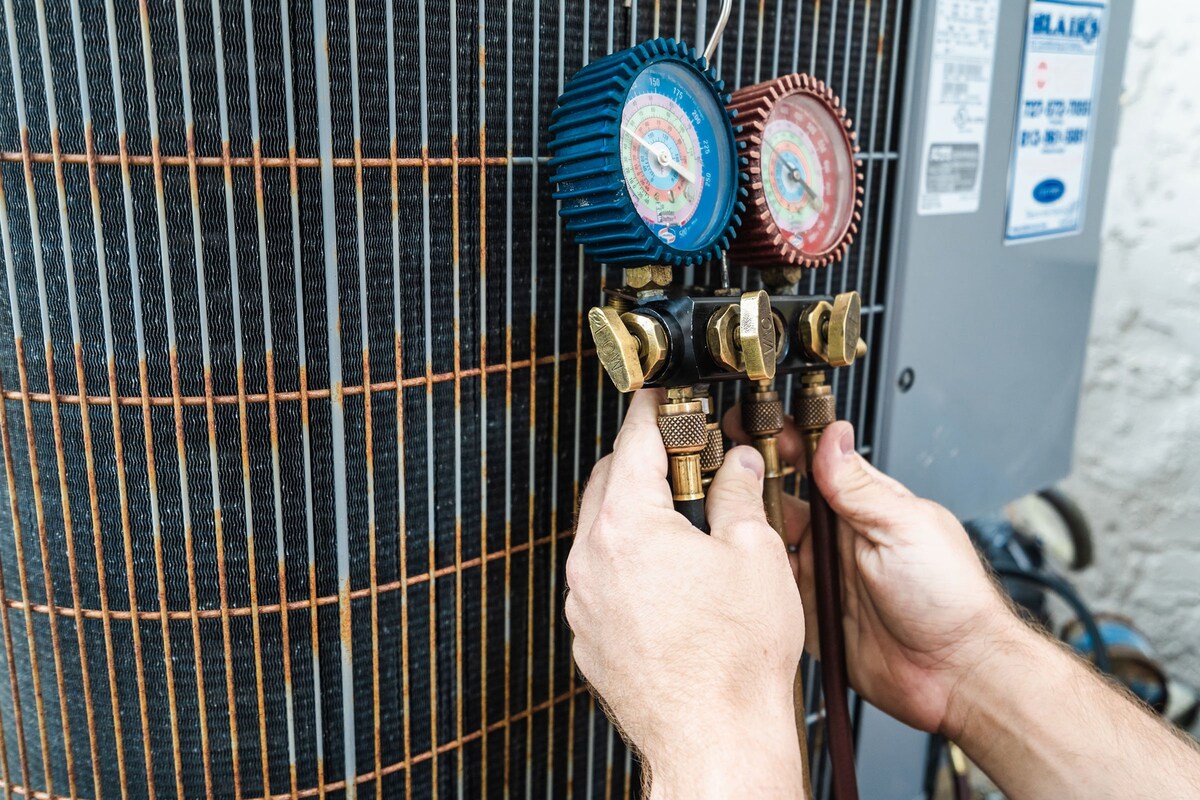
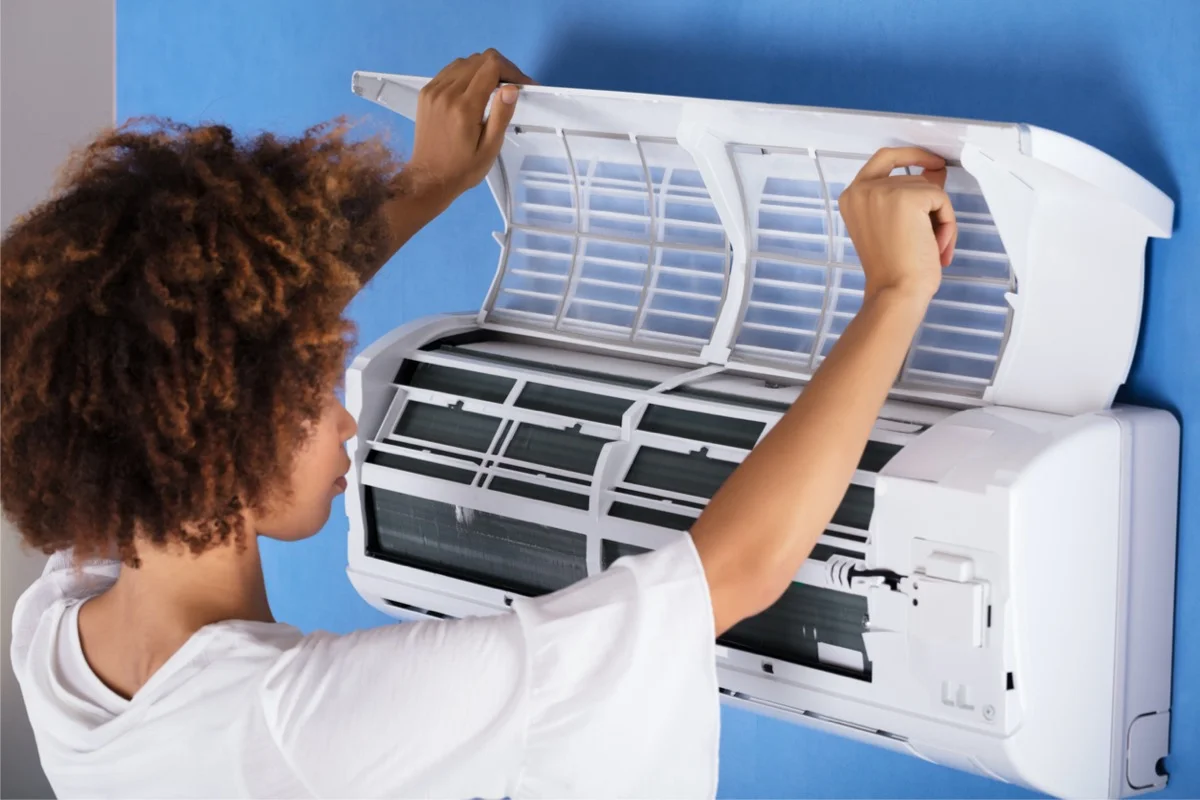
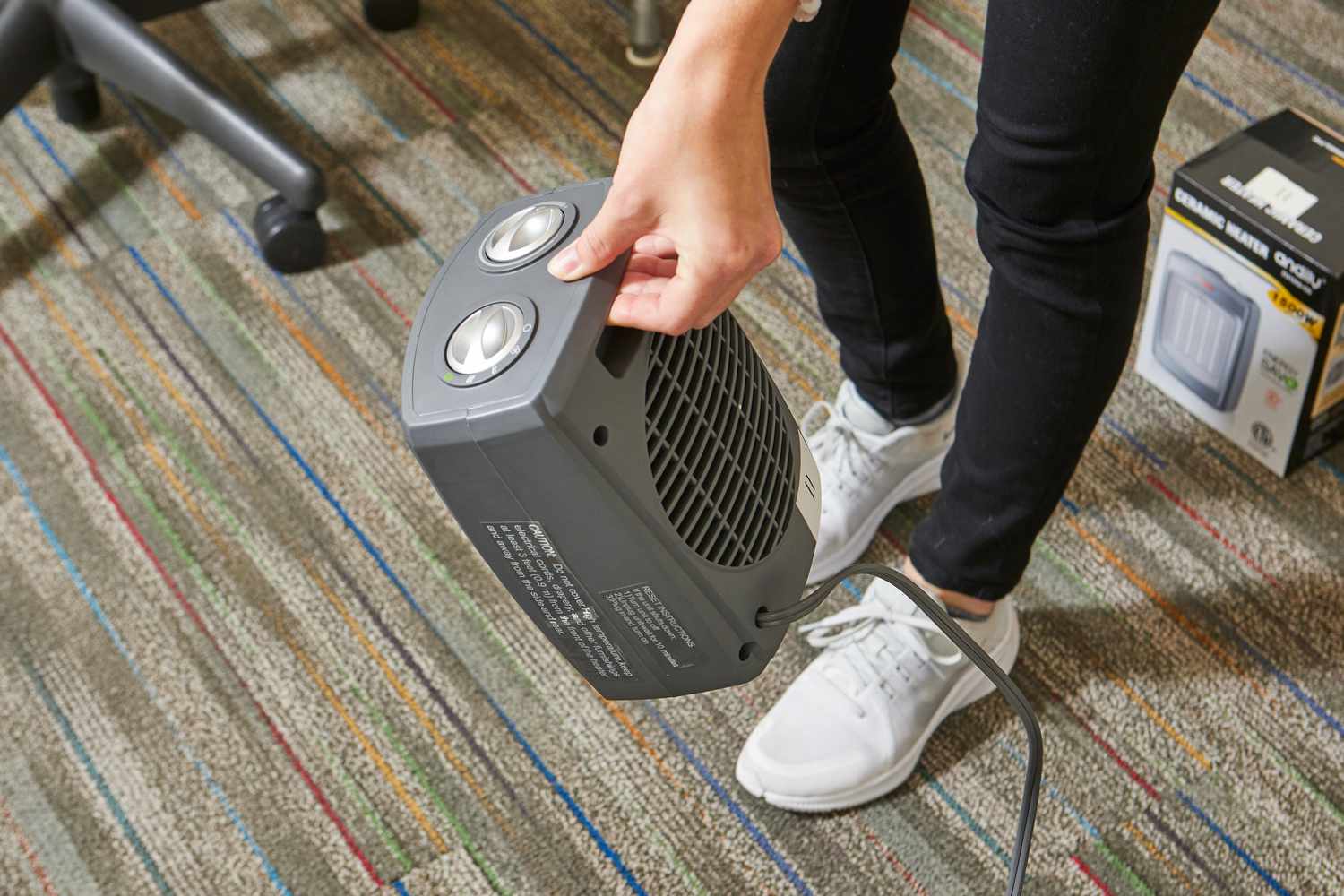
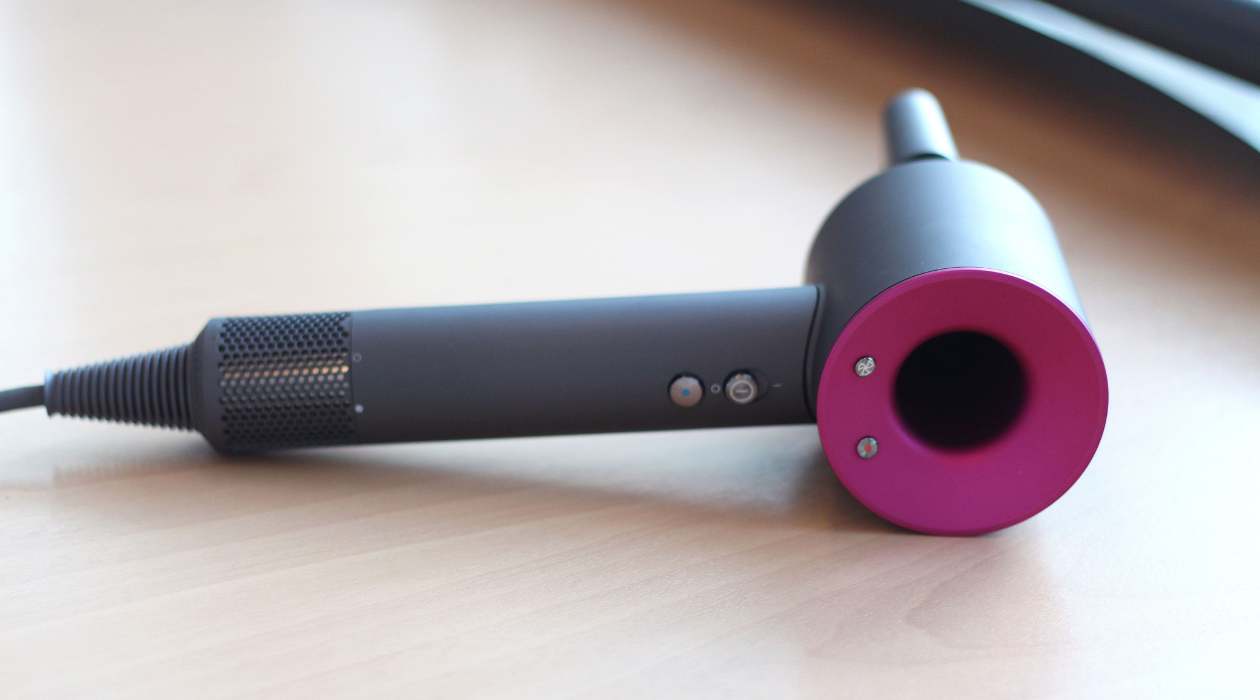
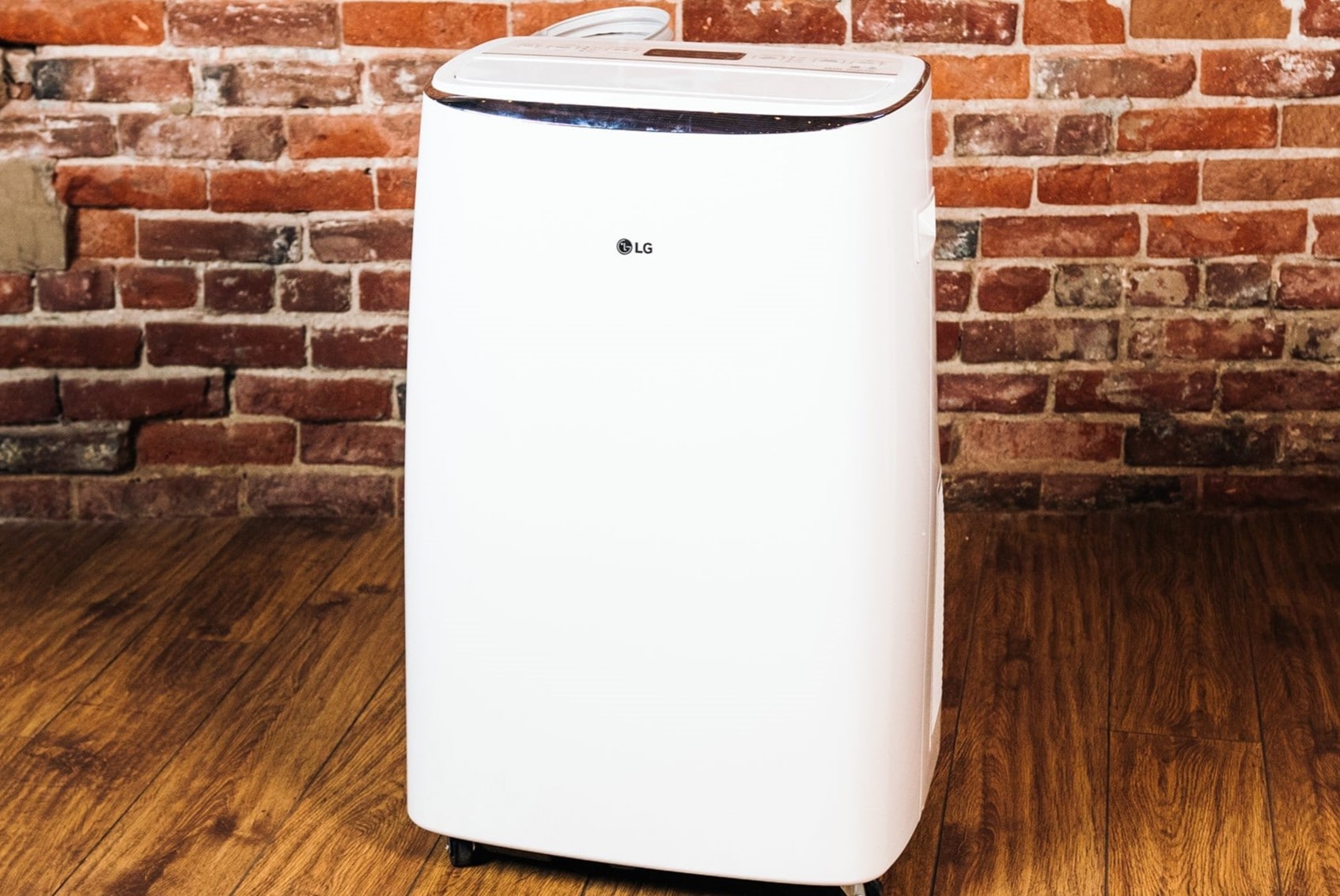
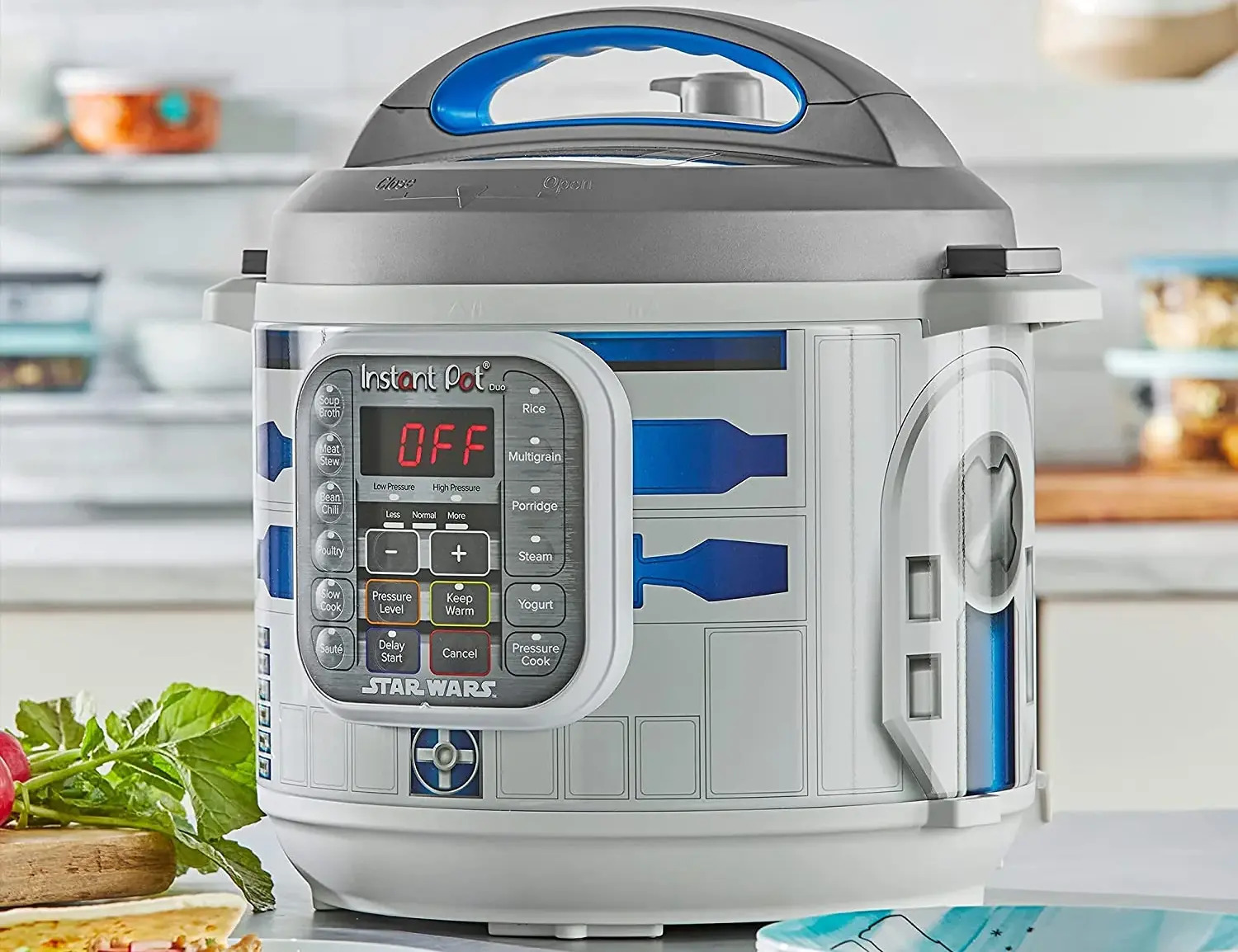
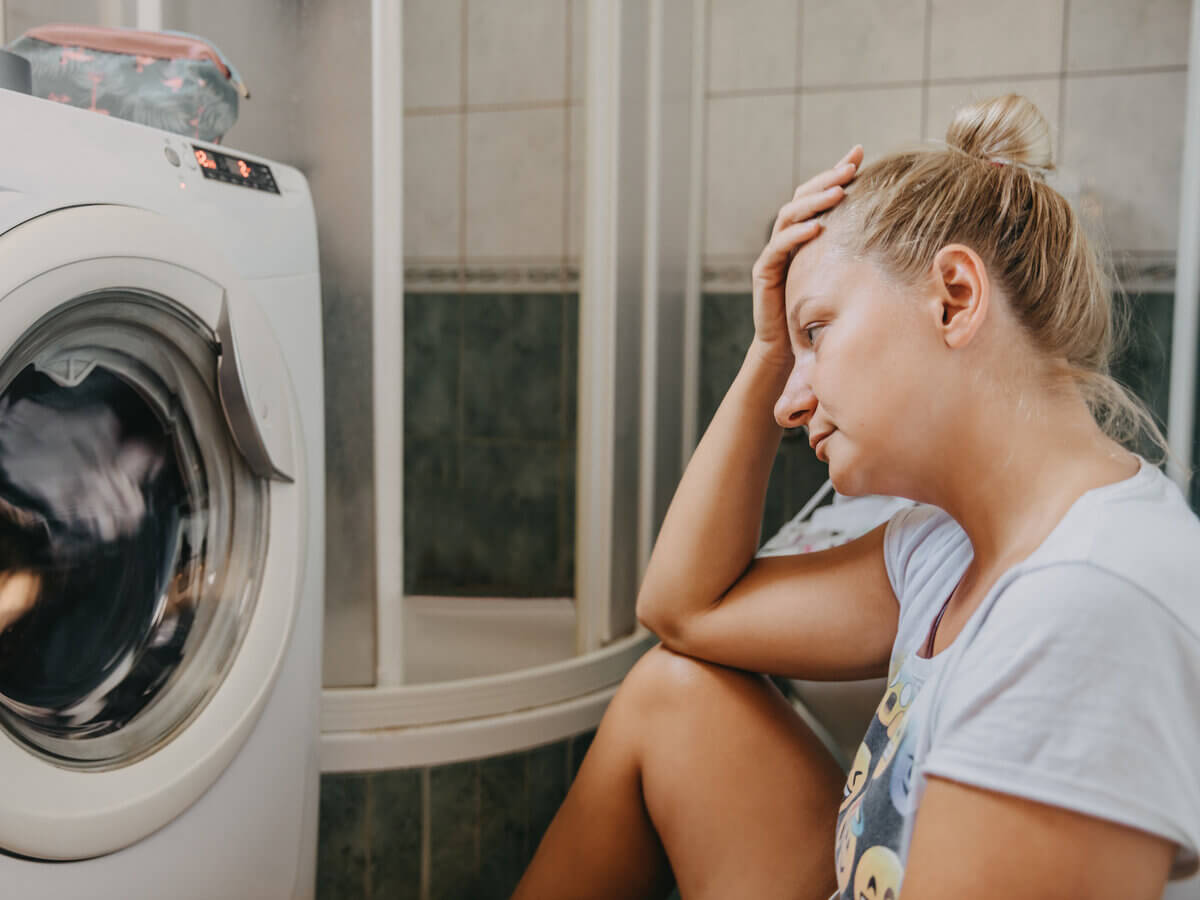
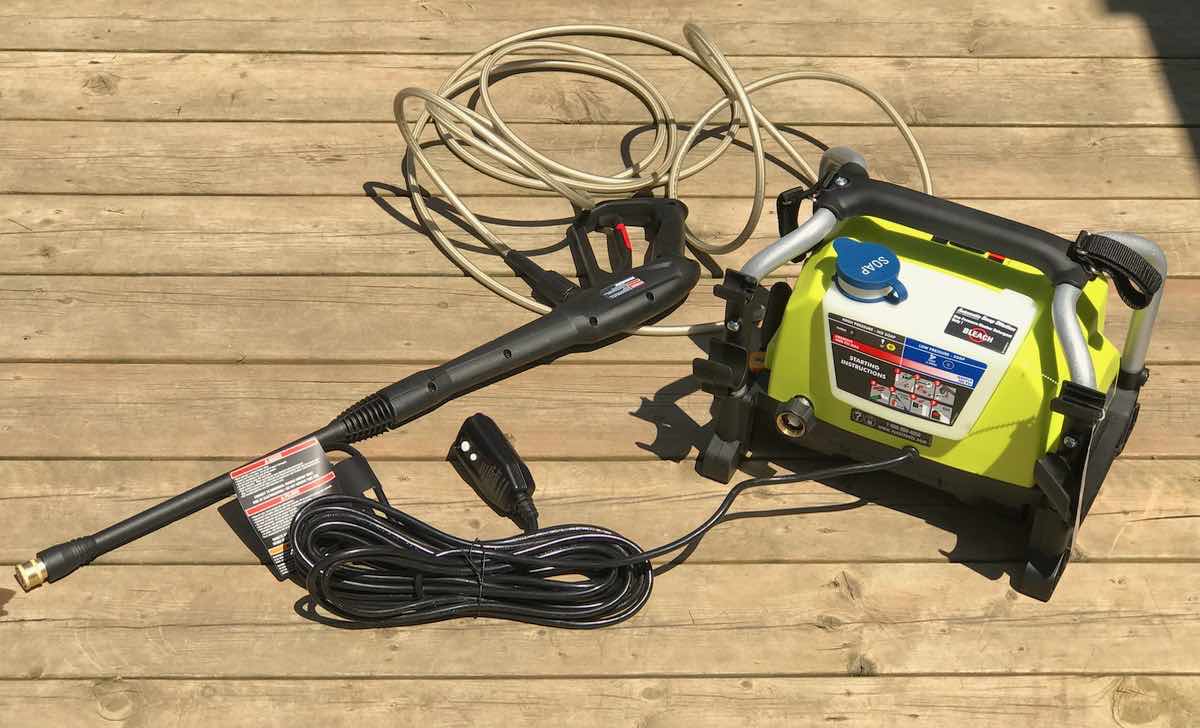
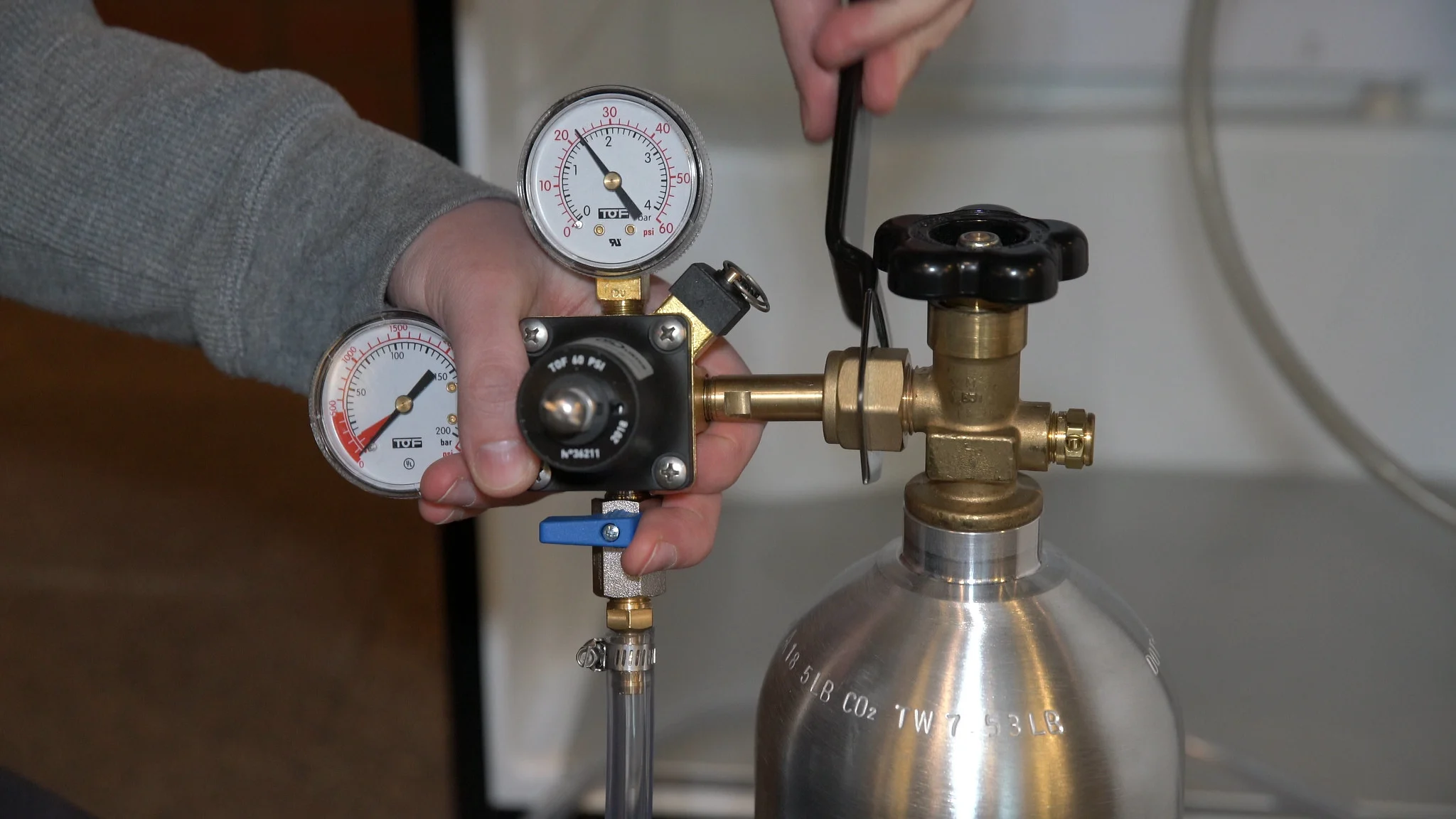
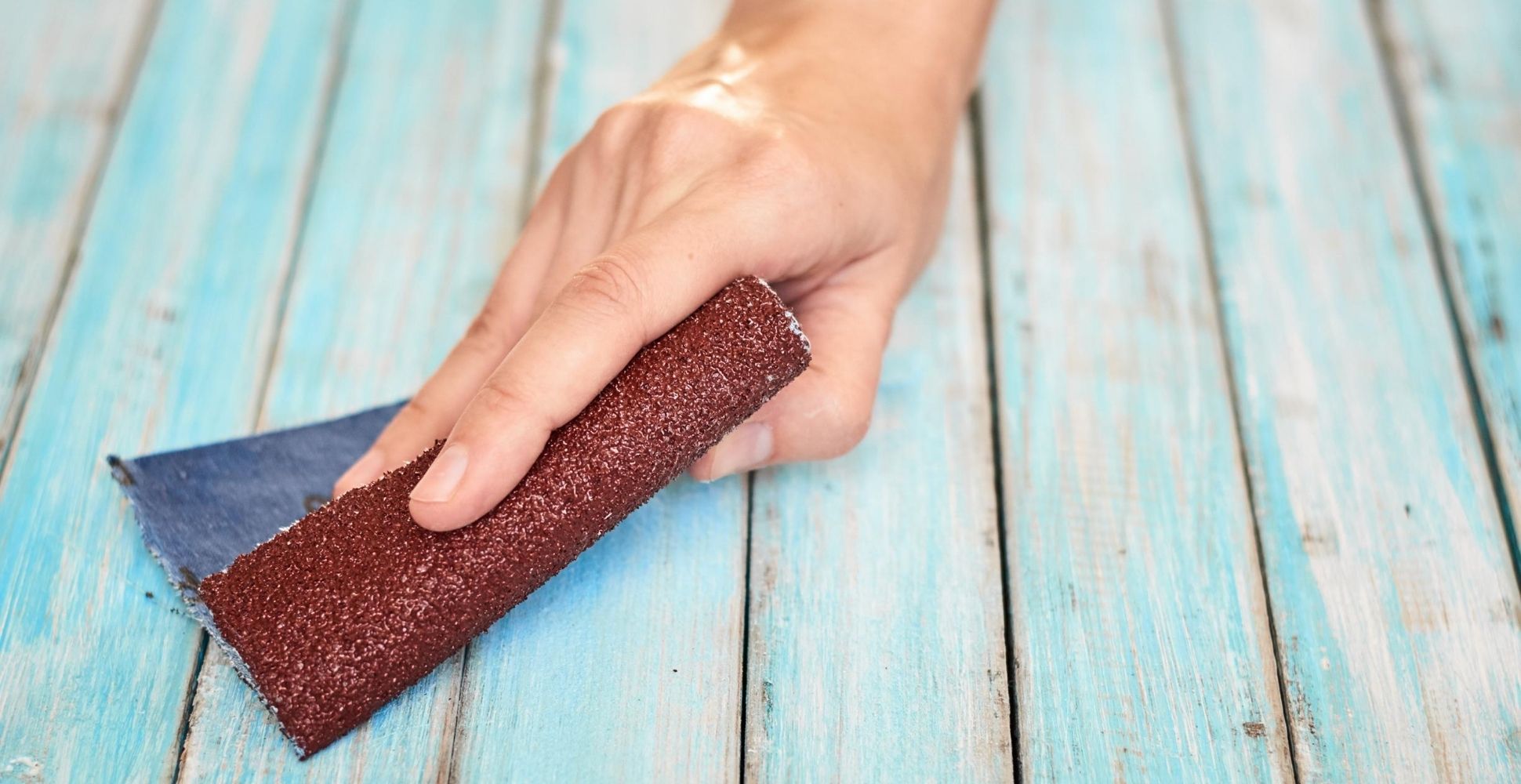
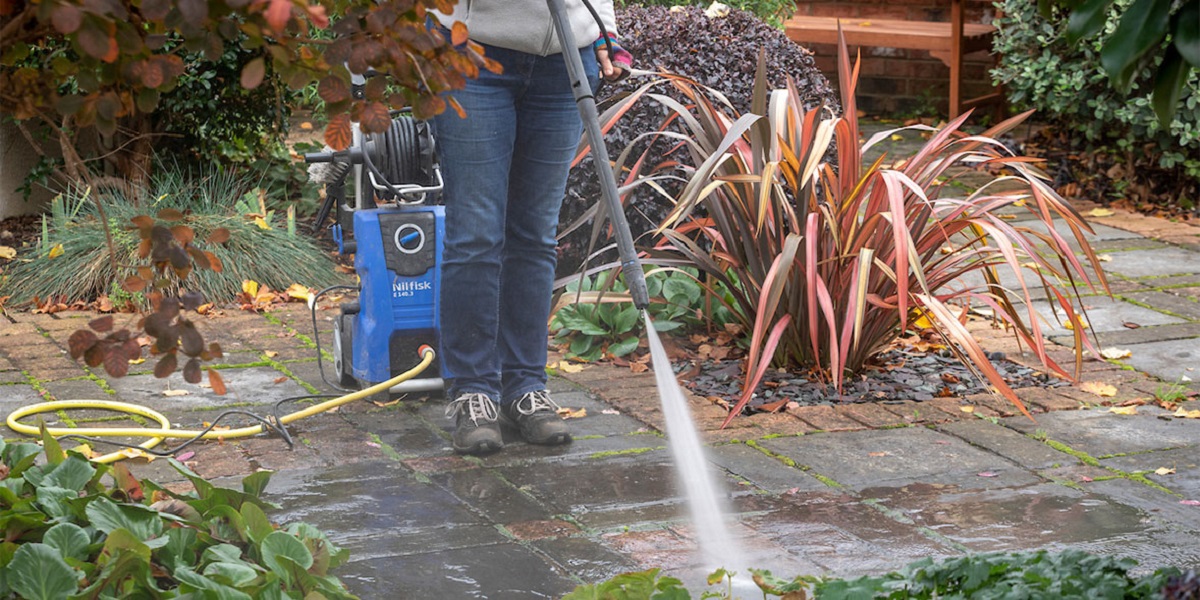
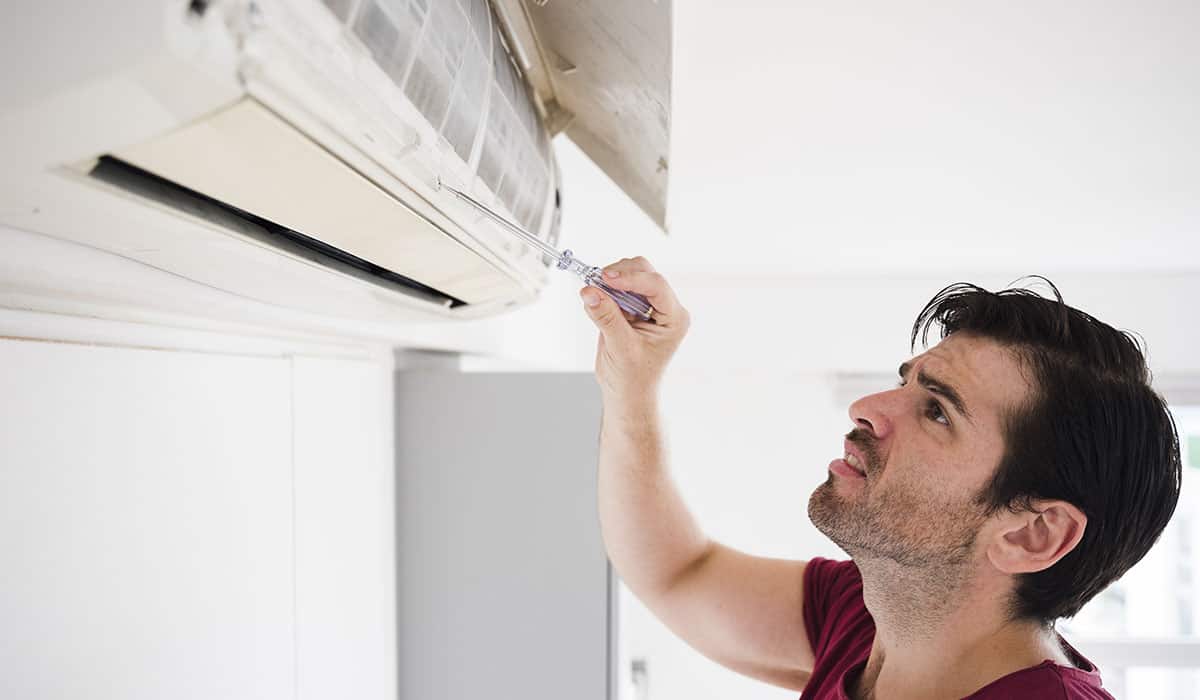

0 thoughts on “Why Does My Gas Pressure Washer Keep Shutting Off”